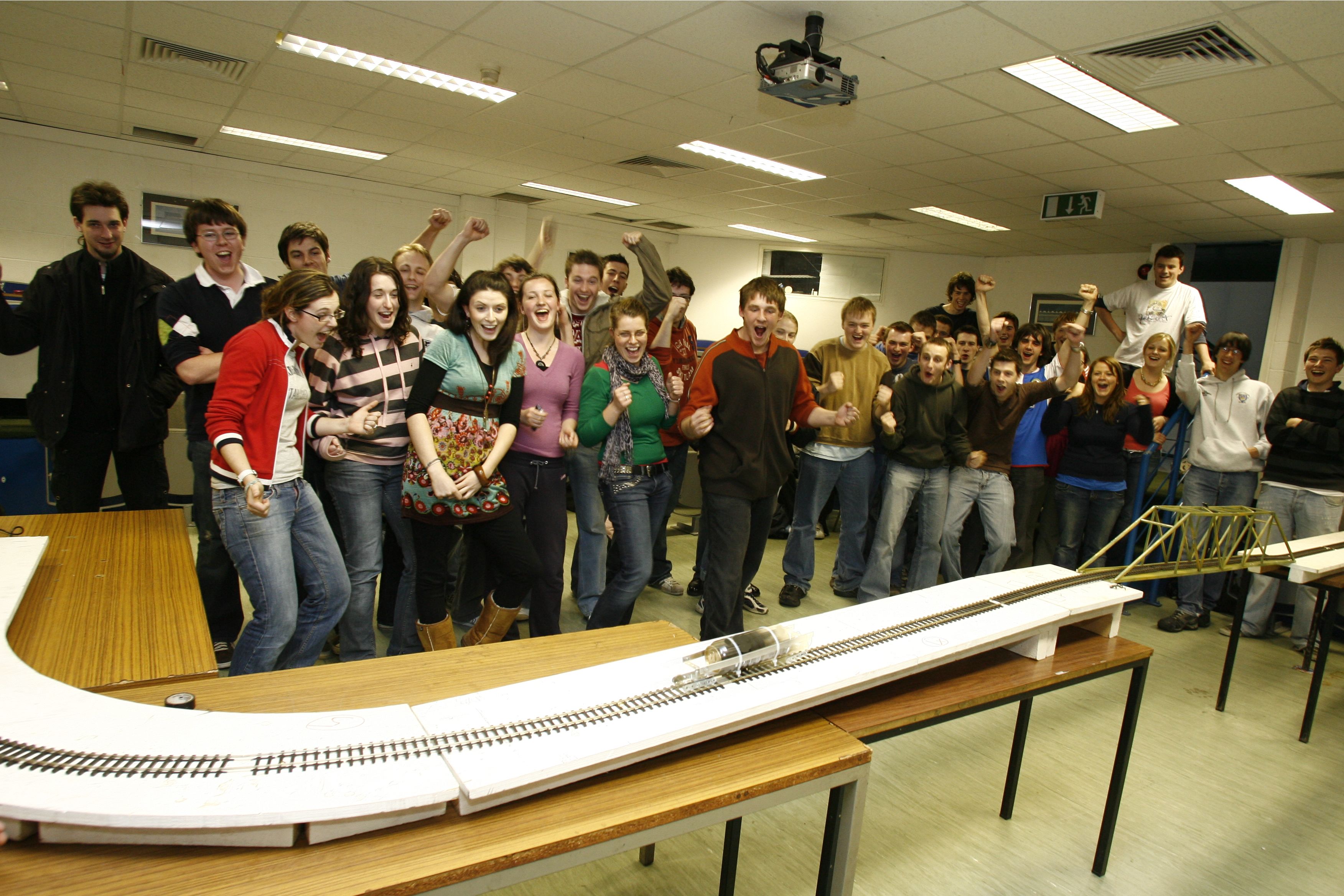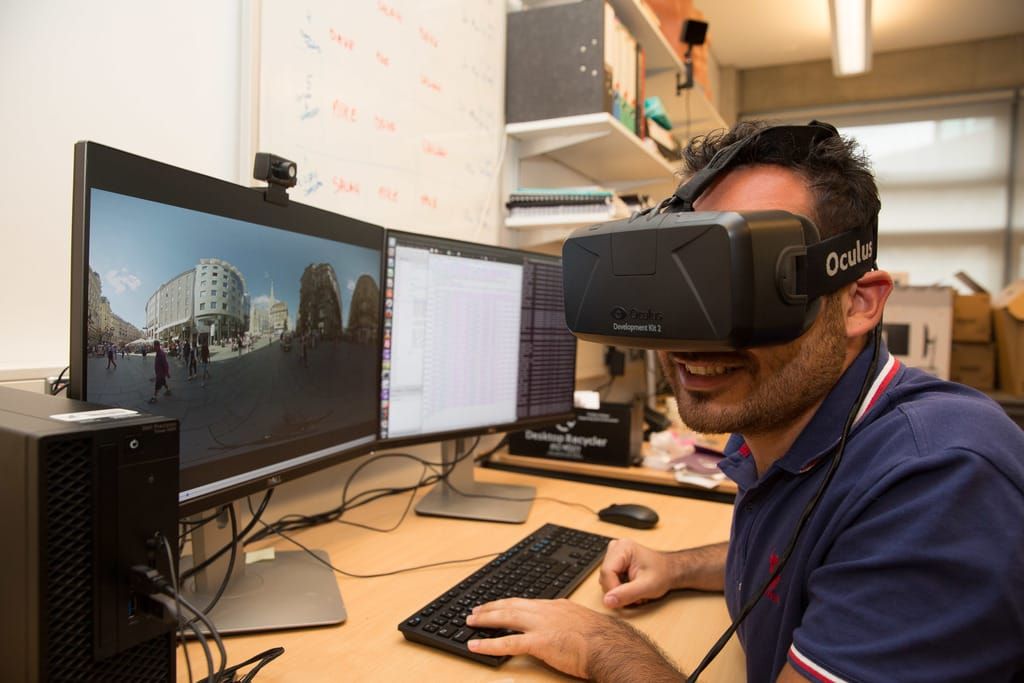In 2018 Trinity College Dublin, the University of Dublin, launched the E3 “Balanced Solutions for a Better World” initiative. It’s vision? To put the finite nature of our natural resources at the forefront of Irish higher education.
This will be delivered through the development of new multi-disciplinary Undergraduate and Postgraduate degrees in Science, Technology, Engineering and Mathematics (STEM) programmes and programmes from the world of Natural Science such as Geography, Geology, Botany, Zoology and the Environment.
This innovative combination has resulted in two new programmes at Undergraduate level, Environmental Science and Engineering, and Computer Science plus Geography. Trinity College Dublin opens their applications system on the 1st October for 2021 September intake.

This is a collaborative project between the School of Computer Science and Statistics, School of Engineering and the School of Natural Science. It will help bring forward world-leading discoveries under the E3 research themes of Data, Production, Well-being, Environment, Resources and Communities and provide students with the skills they need to tackle the global challenges of today and tomorrow.
The philosophy behind E3 “Balanced Solutions for a Better World” is that it is possible to have a vibrant economic recovery while at the same time supporting the natural world and the people, societies and cultures it sustains. Trinity College Dublin believes the mindset of a balanced solution for a better world is a crucial mindset for making progress on climate action.
The Martin Naughton E3 Learning Foundry
To help facilitate the E3 vision is the development of the “Martin Naughton E3 Learning Foundry”. This will be a state of the art 7,256 square metre facility based on the main Trinity campus. It will deliver new teaching facilities and an interactive learning space for undergraduate and postgraduate students.

It will help secure the delivery of innovations in research and teaching within the Schools of Engineering, Natural Science and Computer Science and Statistics. The foundry will underpin the infrastructural and staffing needs of the expanded Schools to ensure that their outputs are world-leading and will increase the number of STEM students within Trinity by over one third in 10 years.
Graduates from E3 will develop:
- Strong technical competence in their chosen discipline.
- Learn to be comfortable and experienced working in teams, including with specialists from other disciplines, on ill-defined and multidisciplinary challenges.
- They will become skilled communicators across a range of platforms and to varying audiences.
- They will be able to think at multiple levels of detail and abstraction and be comfortable in both practical and theoretical contexts.
- They will be able to make informed and ethical decisions that balance technical, social and environmental considerations.
- Finally, they will learn to confront the limitations of their own knowledge and to address these limitations through collaboration and life-long learning.
About Trinity College Dublin
Trinity College Dublin, Ireland’s leading university, has been inspiring generations of brilliant thinkers for over 400 years. Over 18,000 undergraduate and postgraduate students study here and work with some of the most influential and reputable professors in their field. Trinity is ranked 1st in Ireland and 101st in the world. Trinity also ranks in the top 100 in 18 subjects, globally.
